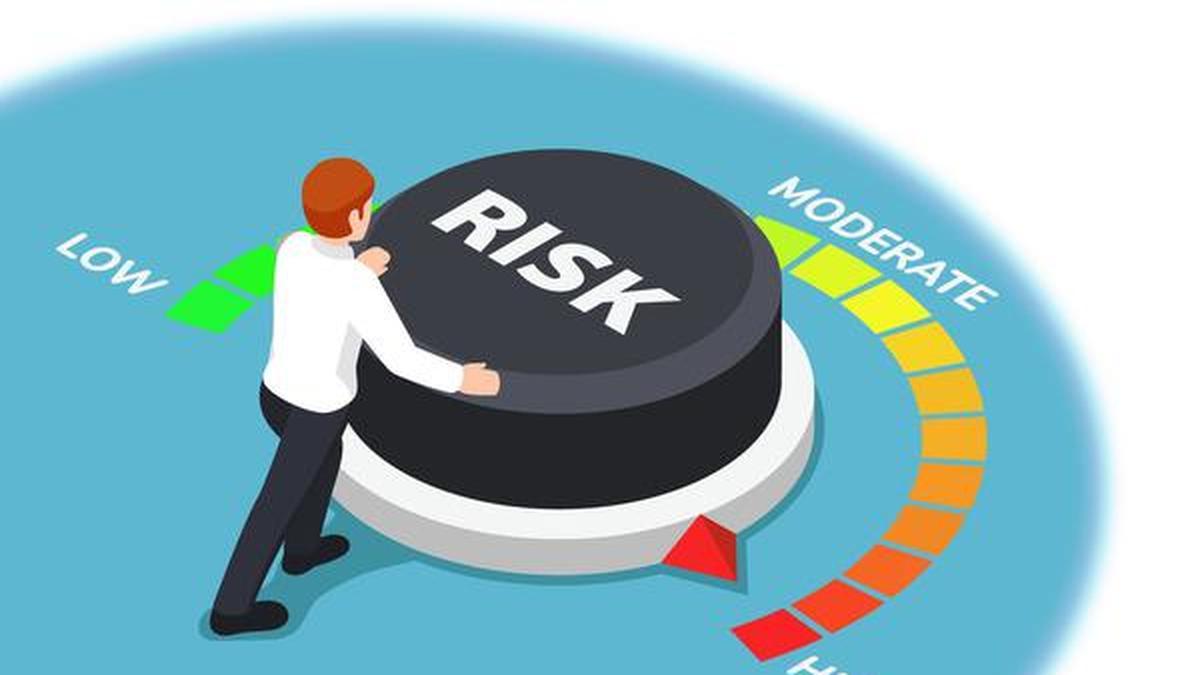For someone shy of the equity market, taking exposure to mid-cap stocks may not be optimal. File
If you hold a view that equity investments are risky and, therefore, parked your savings in bank deposits and real state, you could be facing a dilemma now. The stock market has been vibrant, and IPOs have mostly listed at a premium to their offer prices. Has that tempted you to move some money from your bank deposits to the stock market? This week, we discuss the rules you can apply when you move some money from deposits to equity investments.
Asset class bet
Bonds as an asset class provide lower post-tax expected returns than equity. So, moving some savings from bank deposits to equity improves the expected returns on your total investments. But if the funds you invested in generate negative returns, you may regret the decision to move into equity. To moderate such future regret, it is better to take a bet on equity as an asset class. That means, selecting a broad index available in the country where you make the investments. For instance, the NSE 500 Index in India. The next decision would be to choose between a passive fund and an active fund bench marked to that index. Whether an active fund generates positive alpha (the excess return of the fund over its benchmark index) or negative alpha will only be known with time. The issue is that negative alpha can cause more pain than the same magnitude of positive alpha can give you happiness! So, you may want to settle for a passive fund. Within a passive fund, you have a choice between an index fund or an ETF. The latter is cost efficient.
Conclusion
You may have observed your friends and family members hold large-cap funds. These funds primarily invest in top 50 or 100 stocks out of the NSE 500 Index. Should you consider them as a substitute for the NSE 500 Index? You could, if you are dissatisfied with the performance of the funds offered on the NSE 500 Index. Then, an ETF, being a low-cost alternative, can be considered on the Nifty Index. You must be mindful of SEBI’s definition of large-cap active funds. These are funds that must invest not less than 80% in large-cap stocks. So, such funds typically invest some money in mid-caps. For someone shy of the equity market, taking exposure to mid-cap stocks may not be optimal. That leaves you with passive products on the Nifty 50 Index should you choose that benchmark.
(The author offers training programmes for individuals to manage their personal investments)
Published – November 24, 2025 06:30 am IST






